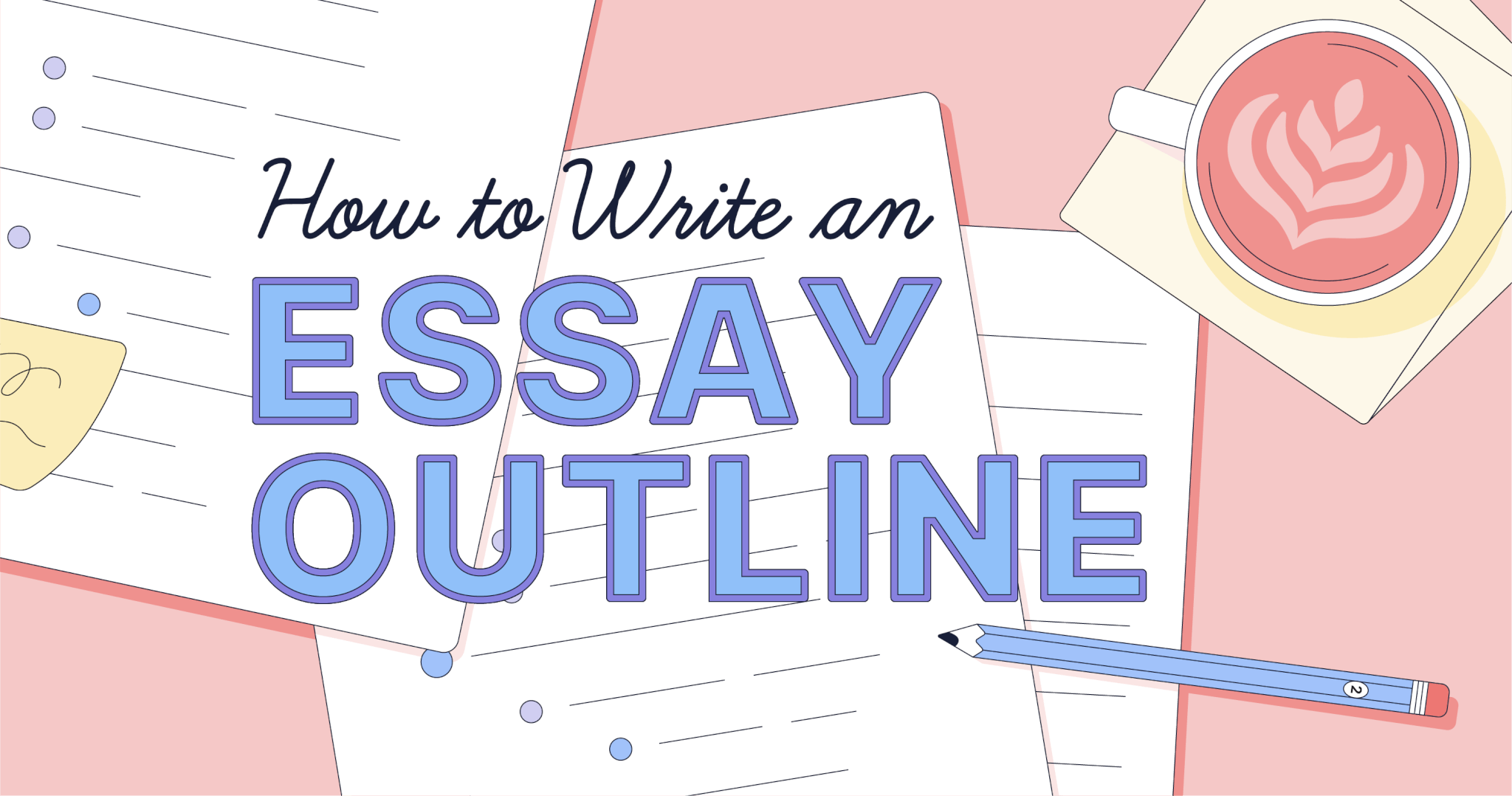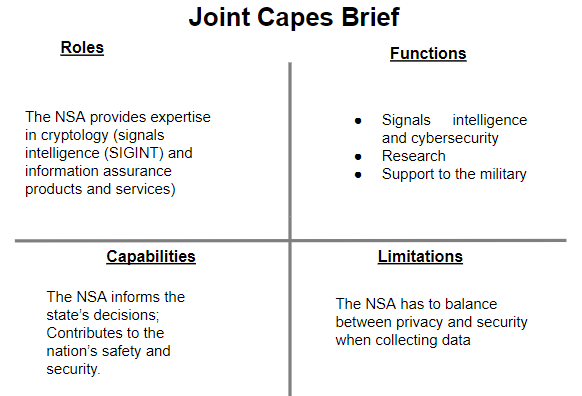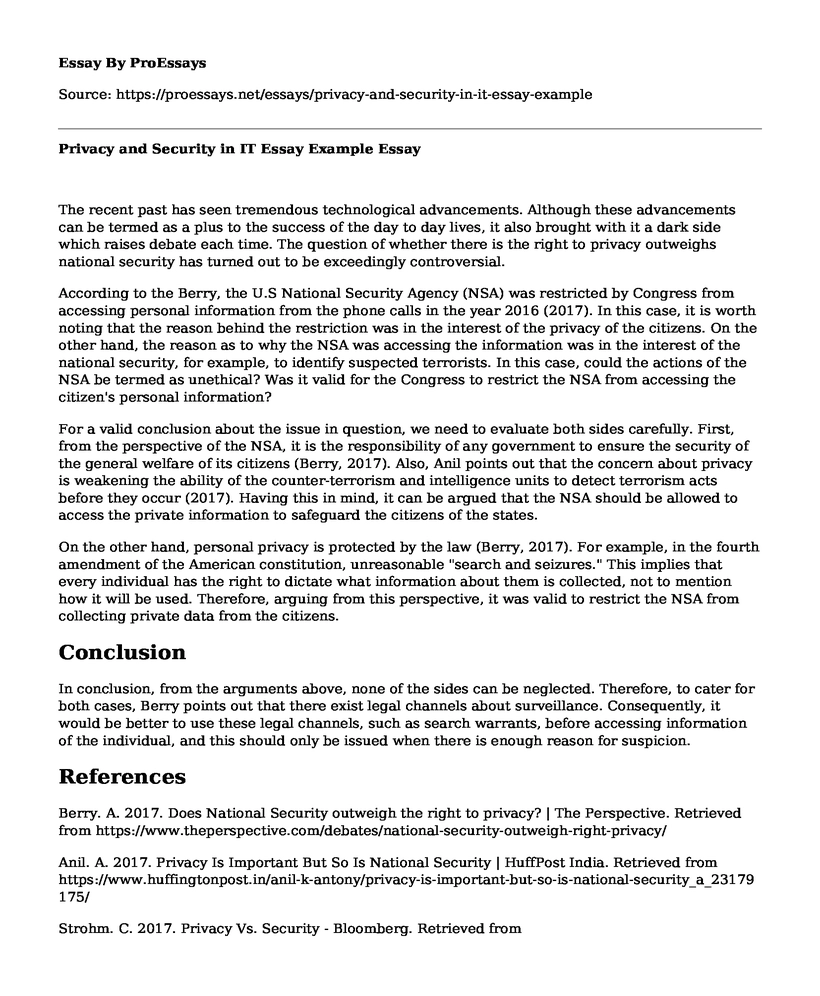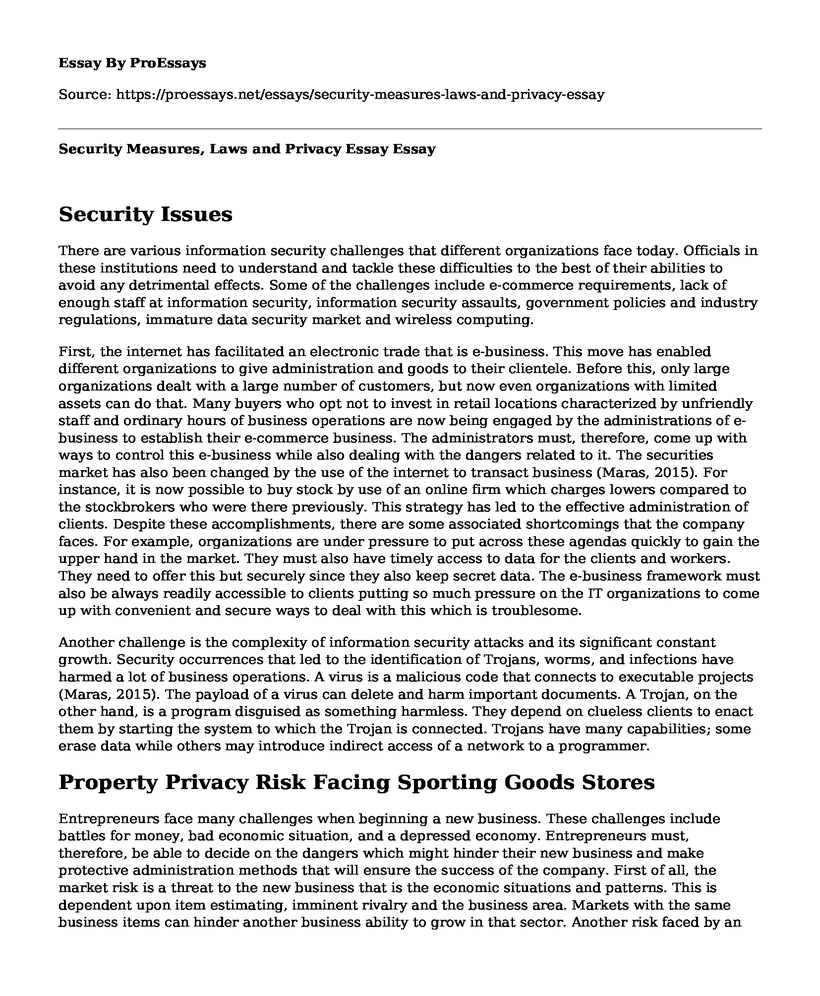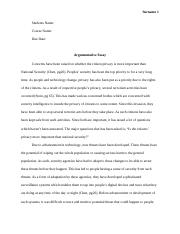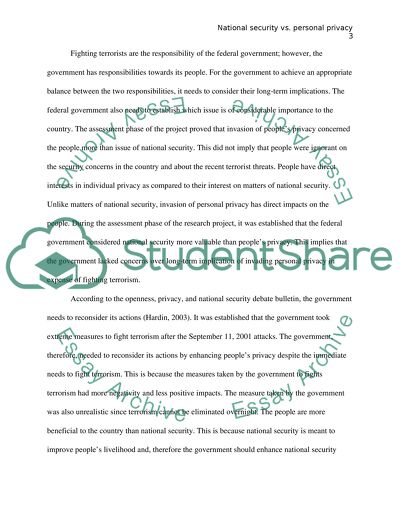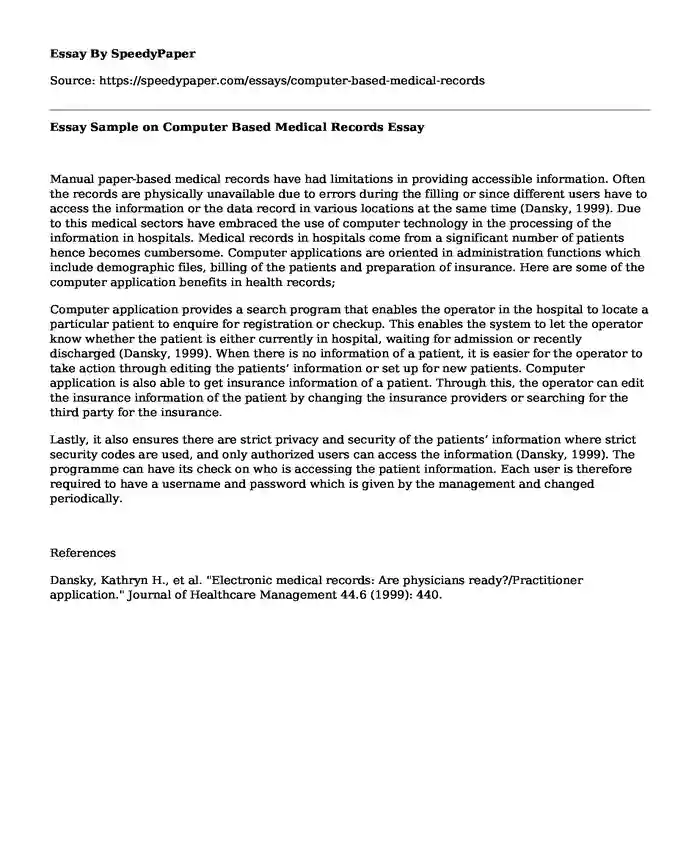Privacy and security are two important concepts that often intersect and overlap in today's digital age. Both are essential for individuals and society as a whole, but they can sometimes be in conflict with each other. In this essay, I will explore the concept of privacy and security, discuss the ways in which they are related, and consider the trade-offs that individuals and organizations often have to make between them.
Privacy is the right of individuals to control the collection, use, and dissemination of their personal information. It is an essential aspect of personal autonomy and freedom, and it is protected by various laws and regulations around the world. Personal information can include anything from a person's name and address to their medical history, financial information, and online activity.
Security, on the other hand, refers to measures taken to protect people and organizations from harm, whether physical or digital. This can include measures such as security cameras, locks, and passwords to protect against physical threats, as well as cybersecurity measures such as antivirus software and firewalls to protect against online threats.
One of the main ways in which privacy and security intersect is through the use of personal information for security purposes. For example, when you use a password to protect your online accounts, you are using your personal information to secure your online activity. Similarly, when you provide personal information to a company in order to use their services, that company may use that information to protect against fraud or other security threats.
However, the use of personal information for security purposes can also raise privacy concerns. For example, if a company collects and stores vast amounts of personal information about its users, it may be at risk of a data breach, which could expose that information to hackers or other malicious actors. This is why it is important for companies to implement robust security measures to protect against data breaches, as well as to be transparent about the ways in which they use personal information.
Another way in which privacy and security intersect is through government surveillance. Governments may engage in surveillance for national security purposes, such as to prevent terrorist attacks or to protect against espionage. However, this type of surveillance can also raise privacy concerns, as it may involve the collection of large amounts of personal information about individuals who are not suspected of any wrongdoing. In order to balance the competing interests of privacy and security, governments may need to implement safeguards such as judicial oversight and transparency measures to ensure that surveillance is used only when necessary and is not abused.
Overall, it is clear that privacy and security are both important and that they can sometimes be in conflict with each other. Individuals and organizations often have to make trade-offs between them, and it can be difficult to strike the right balance. However, it is important to recognize that both privacy and security are essential for a healthy and functioning society, and that it is possible to find ways to protect both.
